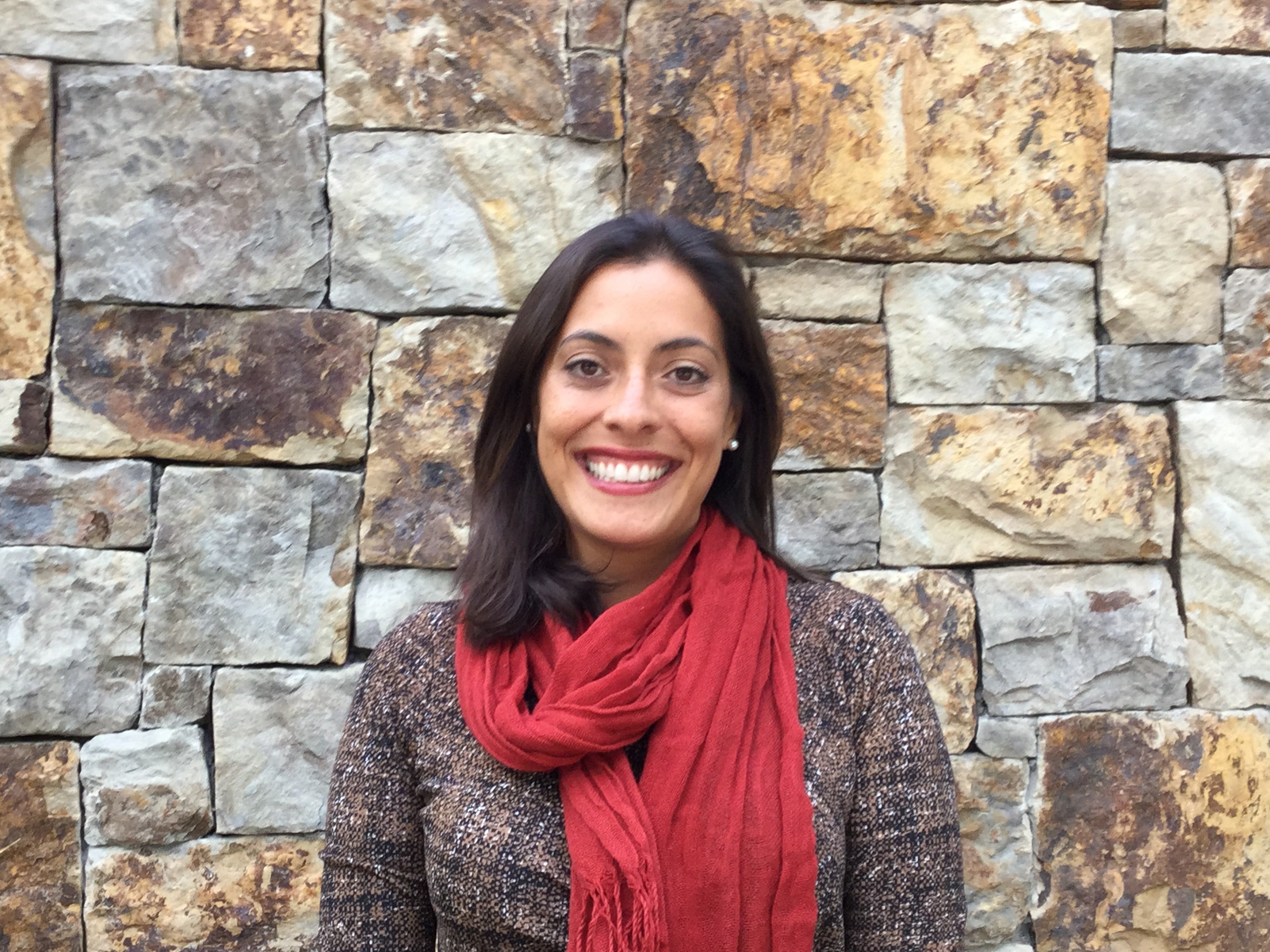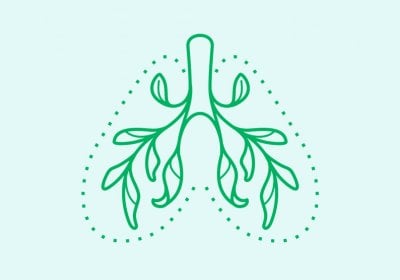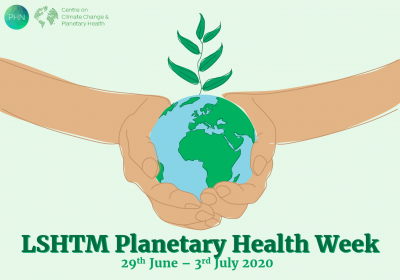Crisis in Venezuela driving the resurgence of infectious diseases in the Americas
The Centre on Climate Change and Planetary Health is pleased to welcome Anna Stewart-Ibarra, the Director of the Latin America and Caribbean Research Program of the Institute for Global Health and Translational Science at the State University of New York Upstate Medical University as the first speaker to kick-start our new Planetary Health Perspectives seminar series.
The public health system in Venezuela has collapsed under the weight of a growing political, social, and economic crisis in the country. Infectious diseases are resurging in Venezuela, including vector borne diseases and vaccine preventable childhood diseases. With an estimated 3 million migrants and refugees fleeing the country, these diseases are spilling into neighboring countries.This humanitarian crisis is occurring in the broader context of climate change and increasing urbanization, creating conditions ripe for the emergence of infectious diseases.
In this talk, Anna will describe the current social, political and ecological context in Latin America driving the resurgence of infectious diseases. She will also present studies from Ecuador linking local vector borne disease transmission (malaria, dengue) with human movement from Venezuela, and discuss strategies to address this regional health crisis.
This talk is aimed at researchers, students, physicians, and public health practitioners engaged in infectious disease research, surveillance and control.
About the speaker
Anna Stewart-Ibarra, PhD, MPA, is the Director of the Latin America and Caribbean Research Program of the Institute for Global Health and Translational Science at the State University of New York Upstate Medical University (SUNY UMU).
Dr. Stewart-Ibarra's research focuses on understanding climate, environment and social drivers of arboviruses and other infectious diseases in Latin America and the Caribbean. For more than 12 years, she has collaborated with academic and government institutions in the region to conduct social-ecological, epidemiological and modeling studies. These studies aim to inform the development of climate services for the health sector, community health interventions, and novel vector control tools.
She received her PhD in ecology from the SUNY College of Environmental Science and Forestry and Masters in Public Administration from the Maxwell School of Citizenship and Public Affairs at Syracuse University. Honors and fellowships include Fulbright in Argentina (2018) and Ecuador (2010-2011), the Prometeo Fellowship of Ecuador (2014-2016), the Emerging Public Policy Leader Award of the American Institute of Biological Sciences (2009), and the National Science Foundation Graduate STEM Fellowship (2007-2009).
This session will be live-streamed - available to both internal and external audiences.
Admission
Contact



